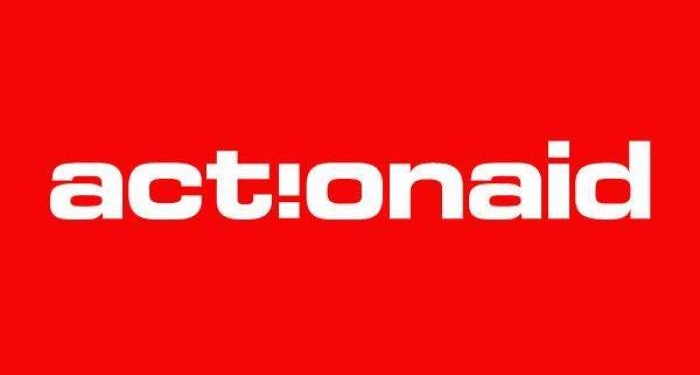ActionAid Nigeria, AAN, has commended the Federal Government of Nigeria for its refusal to sign the Organization for Economic Cooperation and Development, OECD global tax reform deal.
The OECD tax reform deal, with its two pillars, provides that, “if a company has a global turnover of more than 20bn euros and a profit margin of more than 10%, then 20-30% of the profit in excess of 10% of revenue will be allocated to market jurisdictions using a revenue-based allocation key”, and “sets a global minimum tax rate of (at least) 15%” which will only apply to companies with a global turnover of more than 750m euros.
ActionAid Nigeria in a press statement says it “recognises the need to better tax the digital economy and the fact that big tech companies need to be making bigger tax contributions”, but noted that, “the new deal is disappointing, it underlines the need for more comprehensive reforms of the international tax practices and treaties.”
READ ALSO – FG To Provide Tax Incentives To Nigerians Through Finance Bill 2020 – Minister
The statement reads in part that, “ActionAid Nigeria recognizes and welcomes progressive moves by the Federal Republic of Nigeria to put in place unilateral measures to tax the digital economy through the Finance Act of 2019 and Significant Economic Presence Rule of 2020.”
AAN thereafter called on “the Federal Republic of Nigeria to maintain these measures until an acceptable and beneficial deal is met. Nigeria should also restrain from signing Tax Treaties indiscriminately as they may have same effects as the deal.
“While the new deal is disappointing, it underlines the need for more comprehensive reforms of the international tax practices and treaties. Such reforms are expected to give countries in the global south equal voices in the process of negotiating international tax rules through e.g., a possible United Nations Tax Body.
“This will also give increased rights to countries in the global south to effectively tax digital companies operating within their jurisdictions.”
READ ALSO – HDI Tasks Lagos State Government on Increased Funding for Education
The group thereafter noted that, “the current OECD Tax deal is neither beneficial to the country as a tax rate or FDI attractor. The worst concern about it is that it can only be reviewed in the next seven years. Hence, it is better for Nigeria and any developing nations to stand away from ratifying it, the unilateral measures imposed through the Finance Act of 2019 and the Significant Economic Presence Rule of 2020 stand to be more beneficial.”

